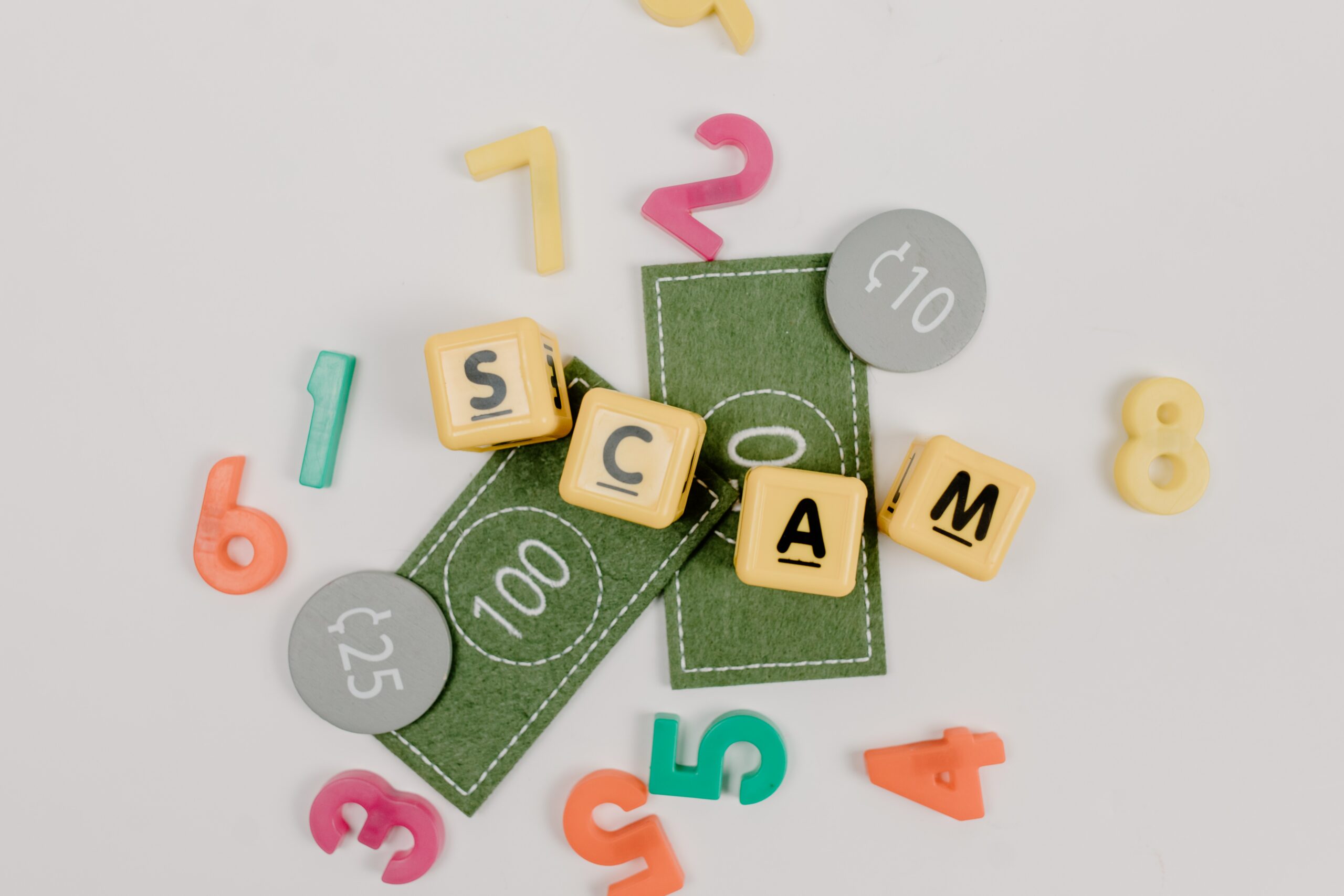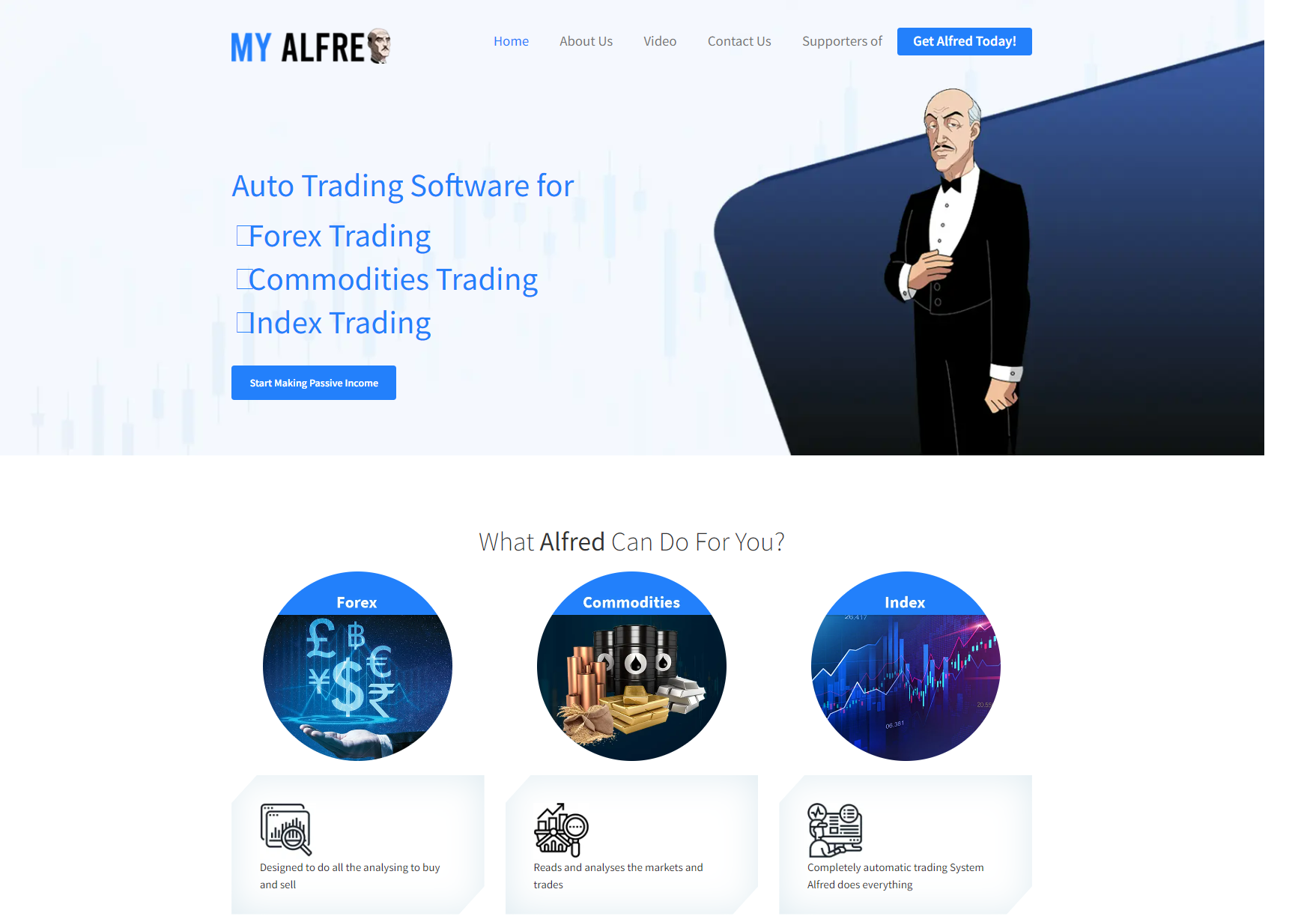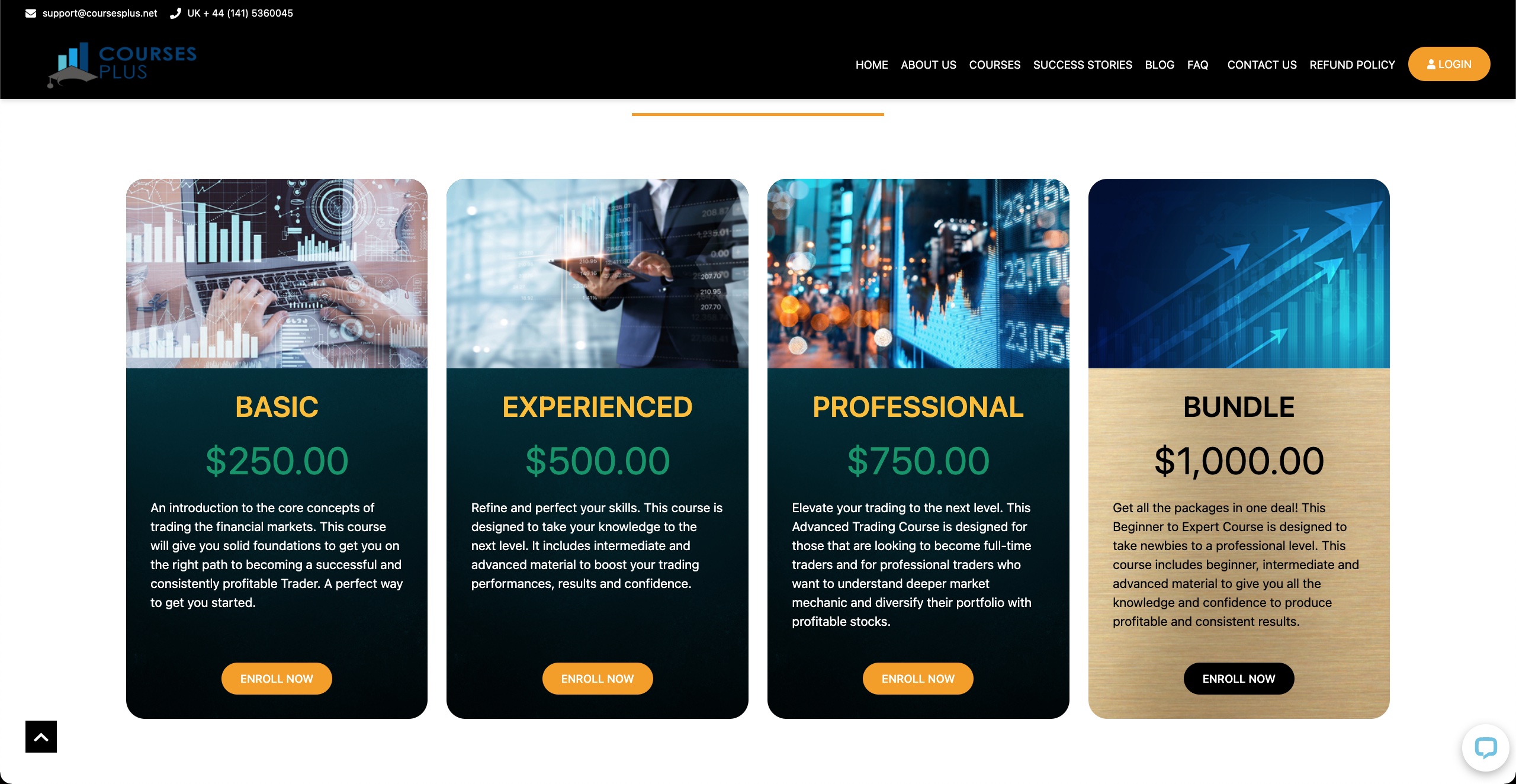Seth Godin blogs in I don’t feel like playing tonight about authenicity in product lifecycles. Specifically about Gene Roddenberry…
Reading an auction catalog tonight, I just discovered that Gene Roddenberry designed the phaser to be a profitable children’s toy first, a Star Trek prop second. And the only reason the Klingons had a ship is that the Enterprise model kit sold so well… They even let the model company, AMT, build the prop so that they could be sure the model sold in stores would be the same. Does that make you think anything less of Roddenberry’s universe?
It’s impossible for me to think less of Roddenberry, a.k.a. the Great Bird, genus Hollywood Creature of the NightTM. One year after Trek was in production, Roddenberry wrote lyrics to the Star Trek theme song despite never intending to use them. This let him claim 50% of the performance royalties paid every time an episode aired and including subsequent use of the music in spinoffs, movies and sequel series.
Every Hollywood producer who knows this story is emerald with envy. It’s considered one of the ultimate contractual triumphs. Young producers, clustered around film market bars, look up from their cosmopolitans and dare to dream of such a score. It reminded me of the way Ahab dreamed of the white whale, except I knew none of them would ever have read Moby Dick.
The Urban Legend Reference Pages at snopes.com confirms the Star Trek theme had lyrics. The Wikipedia also has an entry Star Trek: The Original Series (theme song).
Also on the topic of deliberate merchandising I am reminded of the story that Star Wars: Return of the Jedi was supposed to feature a Wookies instead of Ewoks. Rumour has it George Lucas thought Ewoks would make better toys and spinoffs.
At a cocktail party in Sydney during the production of Star Wars Episode II Attack of the Clones, Producer Rick McCallum pointed out that George Lucas was mainly in the toy business. Later, I saw a documentary of George Lucas, Francis Ford Coppola and Saul Zaentz having lunch in a Napa Valley winery. They pointed out to each other and the camera that while they were famous film makers and producers their real businesses were toys, wine and music respectively. They certainly are passionate about everything they do.
One last Australian example. Fred Gaffney, founder of Gaffney International Licensing the most important figure in Australian product licensing. If you see a kid with a licensed product there’s a good chance that Gaffney’s had a hand in it. It’s not just for kids either, anyone for American Chopper products? Licensing is the purest meeting of art with commerce. Every proposal has to answer the question “will it sell?”. Fred’s company has stylishly eclipsed toys and tin lunchboxes.
So while I may distrust crash merchandising, I think the really successful merchandisers love their products. That is how they keep doing it for so long and are so good at it.





